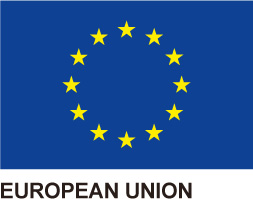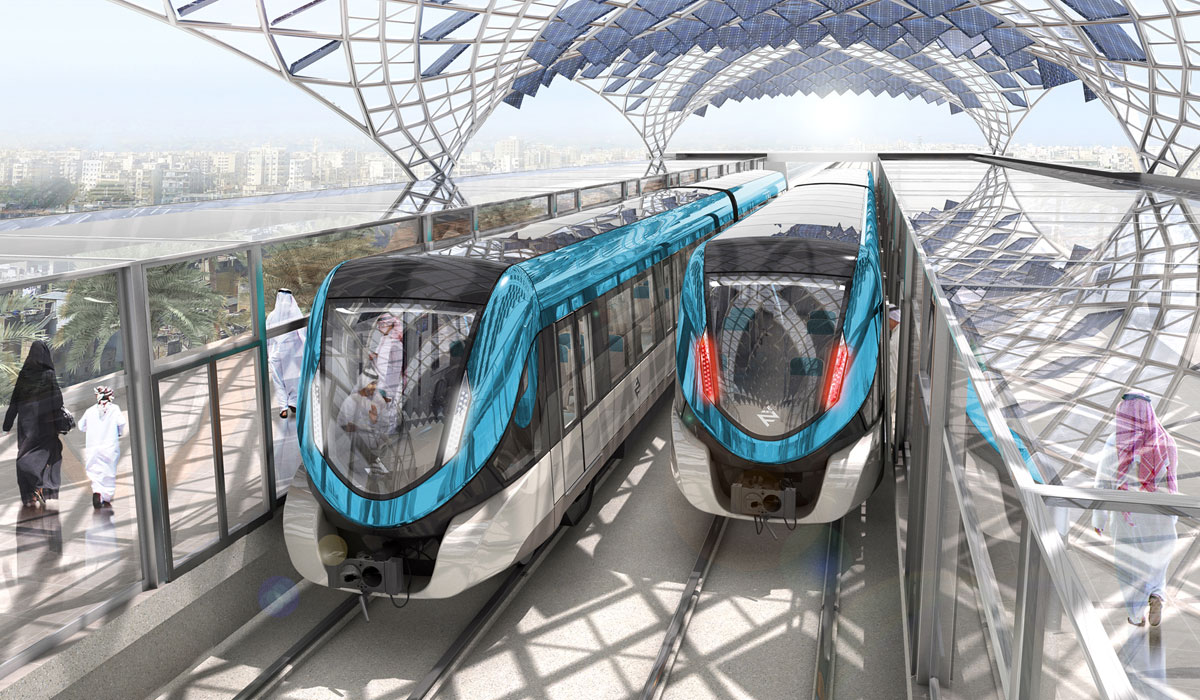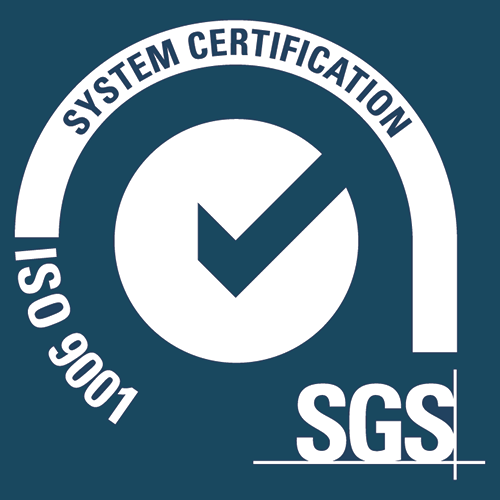The project is based on the implementation of the ticketing and access control system for the new transport system in Riyadh, the capital city of Saudi Arabia. It aims to supply and manage all the systems related to the sale of transport tickets and validation, becoming extensive and convergent for the entire metro network (six lines, 80 stations, with a total of 175 km) and public buses (around 1,000 vehicles) from the city.
The project includes the development and installation of the central team (in charge of collecting data on the equipment and distribution of configurations), automatic machines and ticket offices (manually operated sales teams), and steps and validators (user card validation teams).
Through contactless technology, all users will be able to access this entire transportation system, carrying only one card that allows them to validate in an agile and fast way just by presenting it in the readers installed in the bus network and metro lines. Contactless uses Near Field Communication (NFC) technology, which enables high-frequency, short-range wireless communication. The NFC technology standards cover communication protocols and data exchange formats between various devices, and are based on ISO 14443 [Radio Frecuency identification (RFID)].
Likewise, contactless gives the logic and intelligence necessary to the entire Ticketing system, programming and configuring the devices to attend to the operations of users, both for travelers and operators.
The objective is to make the system intelligent in such a way that it provides the user with greater functionality, ease and intuition in its use.
____
Type of project: Railway
Ad Maiorem intervention: development of comprehensive Ticketing systems for railway transport.
Location: Madrid, Spain.
Year: 2019.
Regulations:
- ISO / IEC 14443 - Identification cards, integrated contactless circuit cards, proximity cards.
Buscar
Categorías
Categories
Archivos
Archives
Categories
Archives
Contact us
The information contained in this document is informative in nature about the activities of the company. It contains general aspects and does not express any desire to provide specific third party data. We cannot guarantee that the data provided will be up to date in the near future. In this sense, if there is a willingness to use them, it is recommended to take the content as a reference and carry out its timely verification. For these purposes, we are at your disposal.
Share this article with your contacts!
© Copyright 2023 – Ad Maiorem Consulting. All rights reserved. Ad Maiorem Consulting is a brand that refers to one or more member companies at a global level, each of which is a legal and independent entity in the country in which it is located, without constituting an international company. Ad Maiorem Consulting offers consulting services in technology, engineering and innovation to its clients.
European Regional Development Fund
A way to make Europe






